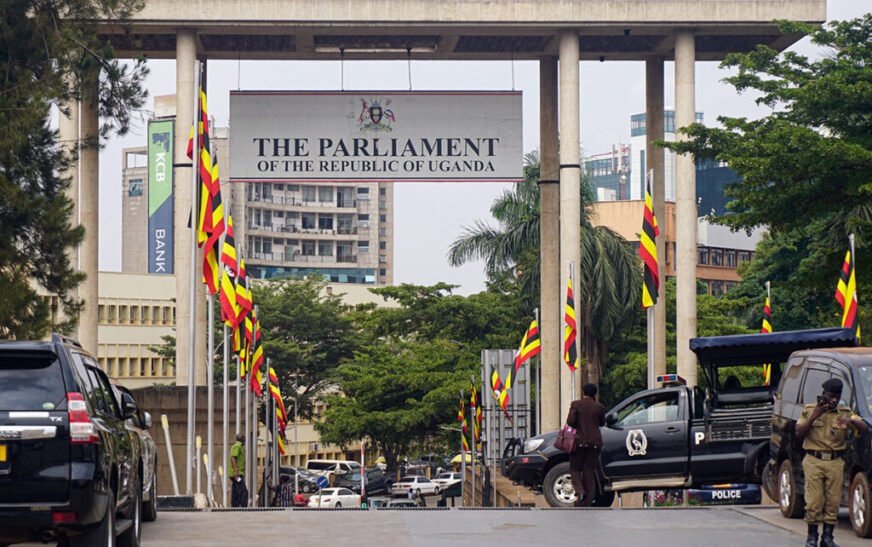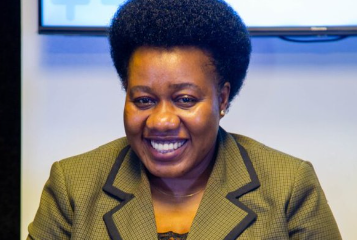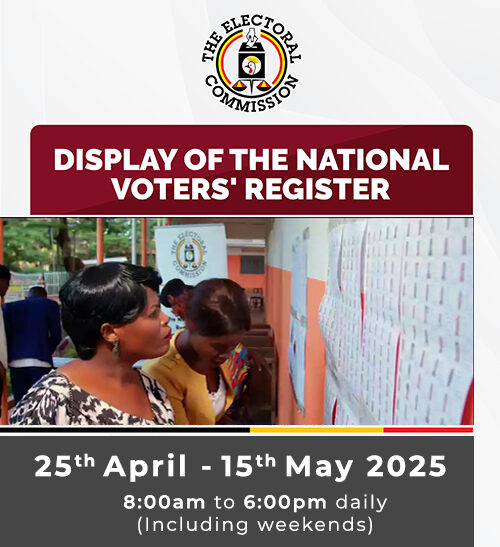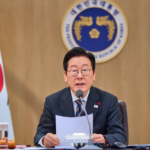There is a heavy deployment of police and other security agencies ahead of the scrutinization of the Uganda People’s Defence Force (UPDF) Amendment Bill 2025.
On Tuesday, the government tabled the controversial bill following a resolution by the ruling National Resistance Movement (NRM) to support a proposal allowing the trial of armed civilians in the Court Martial.
According to Jacob Oboth Oboth, the Minister of Defence and Veteran Affairs, the UPDF Amendment Bill was previously withdrawn earlier this year to incorporate changes prompted by the Supreme Court’s January 2025 ruling, which barred the trial of civilians in the General Court Martial. The bill is expected to be re-tabled later today.
The proposed legislation aims to align military law with new government policies and the evolving command, control, and administrative structures of the Defence Forces, particularly in light of the introduction of new service branches.
Additionally, the bill seeks to improve the welfare of Defence Forces personnel. Key provisions address gaps in healthcare services, propose the decentralization of the Pension Authority from the Ministry of Public Service to the Ministry of Defence and Veteran Affairs, and enhance disability compensation to ensure fair and adequate payments for both officers and enlisted personnel.
Speaker Anita Among has referred the bill to the Legal and Parliamentary Affairs Committee for scrutiny.
Meanwhile, legal experts have stressed that any new legislation must comply with the Supreme Court’s ruling and cannot override it. Article 92 of the Constitution explicitly prohibits Parliament from enacting laws that overturn or nullify court decisions.
Among the proposed changes, the bill renames the Unit Disciplinary Committee to the Unit Court Martial and disbands the Court Martial Appeals Court. The revised military justice system will now consist of the Unit Court Martial, the Division Court Martial, and the General Court Martial.



















